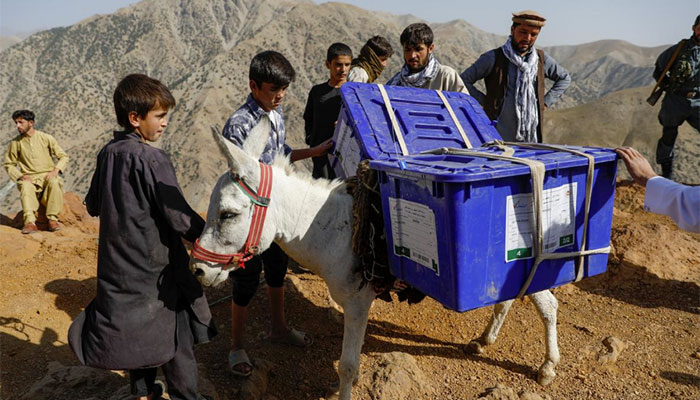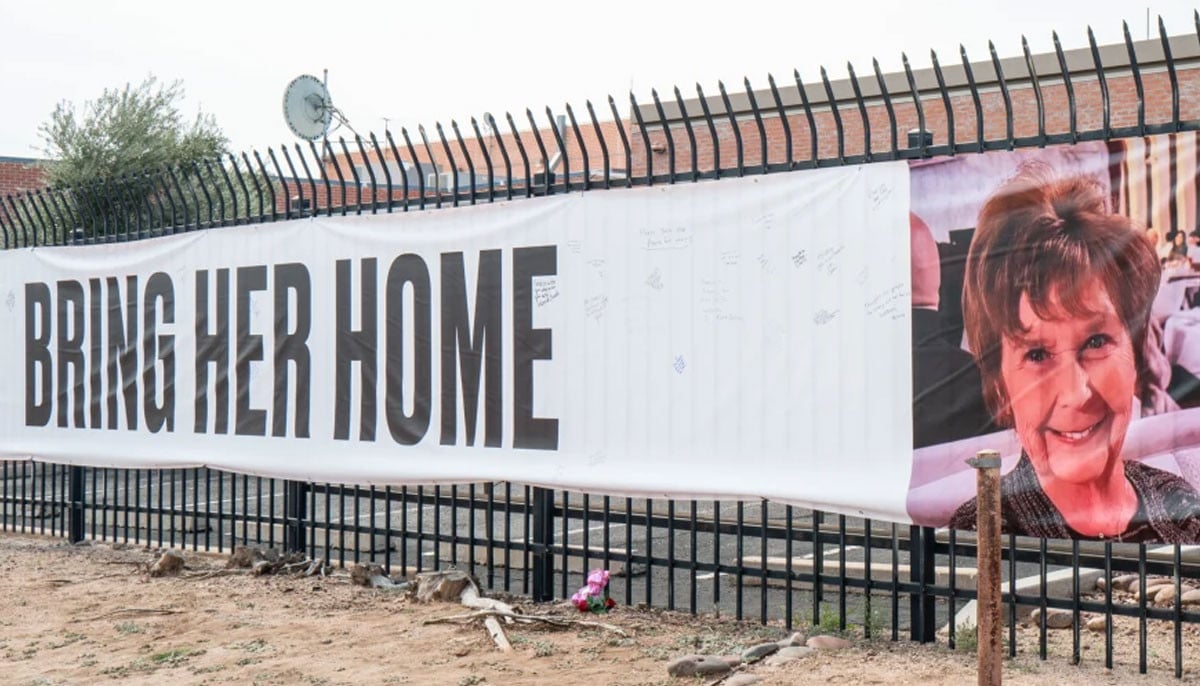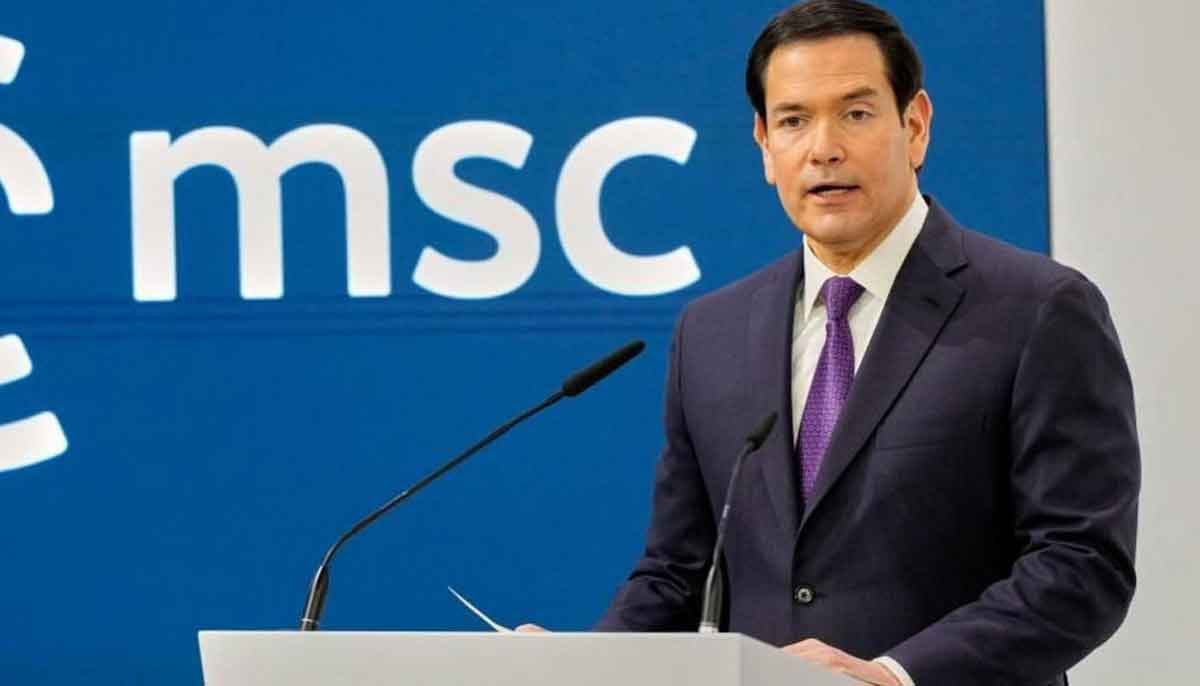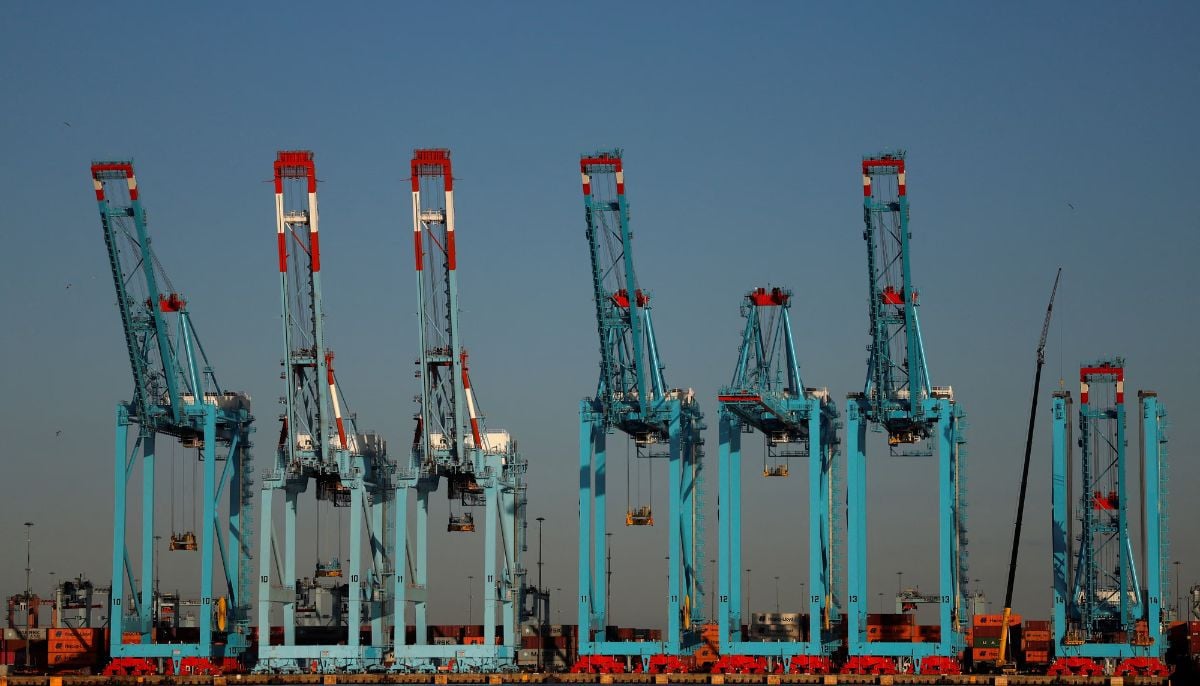Afghanistan may announce final presidential election result in 'days'
The result will be announced five months after the polls were held in the country
KABUL: A spokesman for Afghanistan's election commission said on Monday that it will announce the long-delayed results from its presidential election within "three to four days", five months after the polls were held in the country.
In December, the election commission announced that incumbent President Ashraf Ghani had won a slim majority of 50.64% in the September 28 poll. His closest rival, Abdullah Abdullah, alleged vote-rigging, forcing a recount.
The delay has left Afghanistan facing a political crisis just as the US seeks a deal with the Taliban which would allow it to withdraw troops in return for various security guarantees and a promise that the militants would hold peace talks with the Afghan government.
If all goes well, then whoever wins the election is likely to be the man sitting across from the Taliban at the negotiating table in a bid to chart Afghanistan's future.
"The final results of the presidential election will be announced within three to four days," Zabihullah Sadaat, spokesman for Afghanistan's Independent Election Commission, told AFP.
"The recounting and auditing is completed," Sadaat said.
Whether the results will be accepted remains to be seen.
Earlier this week, Abdullah's team said they would not accept fraudulent results. Current vice-president Abdul Rashid Dostum, a powerful Uzbek former warlord and Abdullah's ally, has also threatened to form a parallel government if fraudulent election results are announced.
Nearly one million of the initial 2.7 million votes were purged owing to irregularities, meaning the election saw by far the lowest turnout of any Afghan poll.
Ultimately, only 1.8 million votes were counted — a tiny number given Afghanistan's estimated population of 35 million and a total of 9.6 million registered voters.
Abdullah lost to Ghani in 2014 in a divisive election that saw the US intervene to broker an awkward power-sharing deal between the two rivals.
-
Drama outside Nancy Guthrie's home unfolds described as 'circus'
-
Marco Rubio sends message of unity to Europe
-
Hilarie Burton reveals Valentine's Day plans with Jeffrey Dean Morgan
-
Jacob Elordi, Margot Robbie on 'devastating' scene in 'Wuthering Heights'
-
China to implement zero tariffs on African imports in major trade shift
-
Jack Thorne explains hidden similarities between 'Lord of the Flies' and 'Adolescence'
-
Elon Musk vs Reid Hoffman: Epstein files fuel public spat between tech billionaires
-
New Zealand flood crisis: State of emergency declared as North Island braces for more storms












